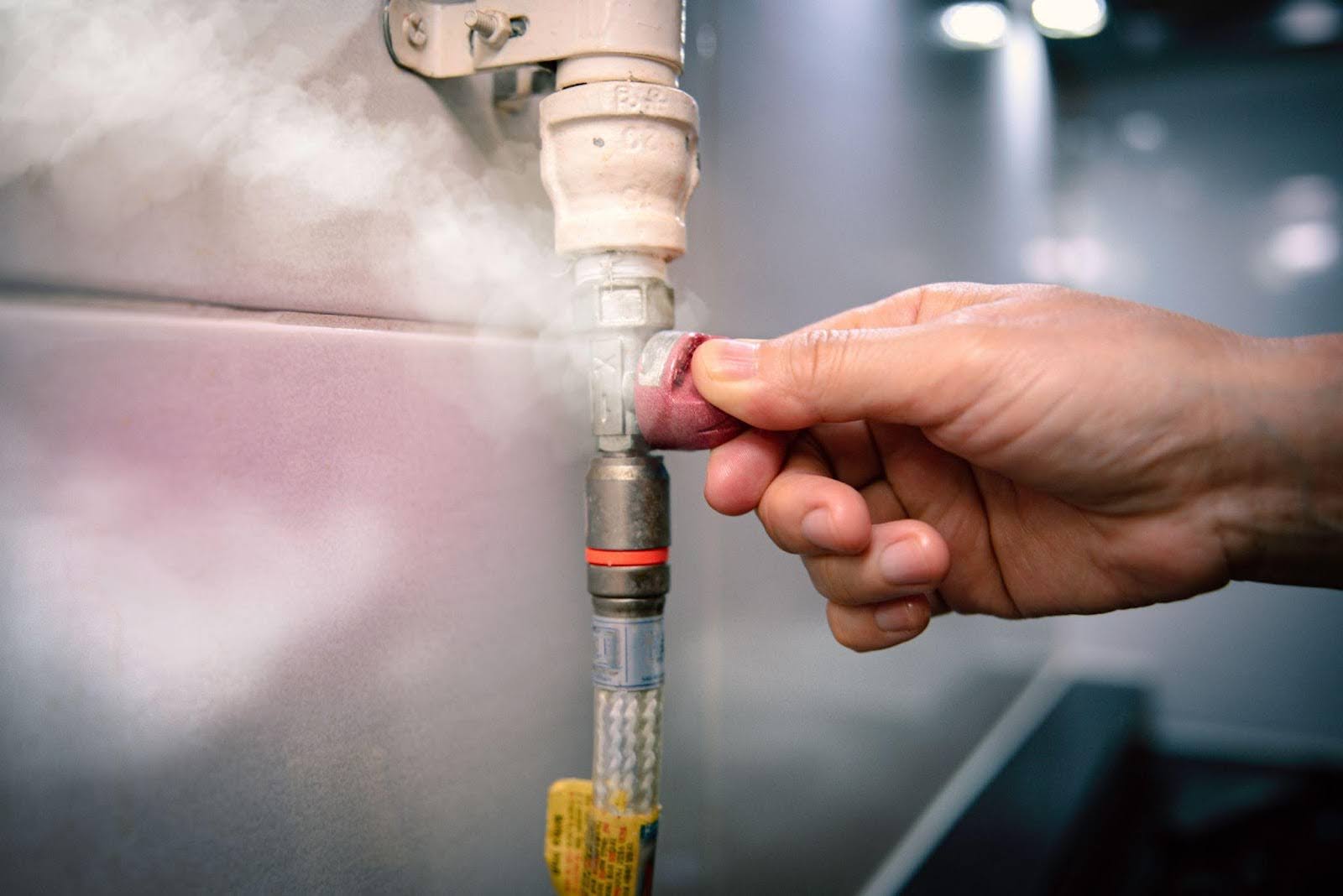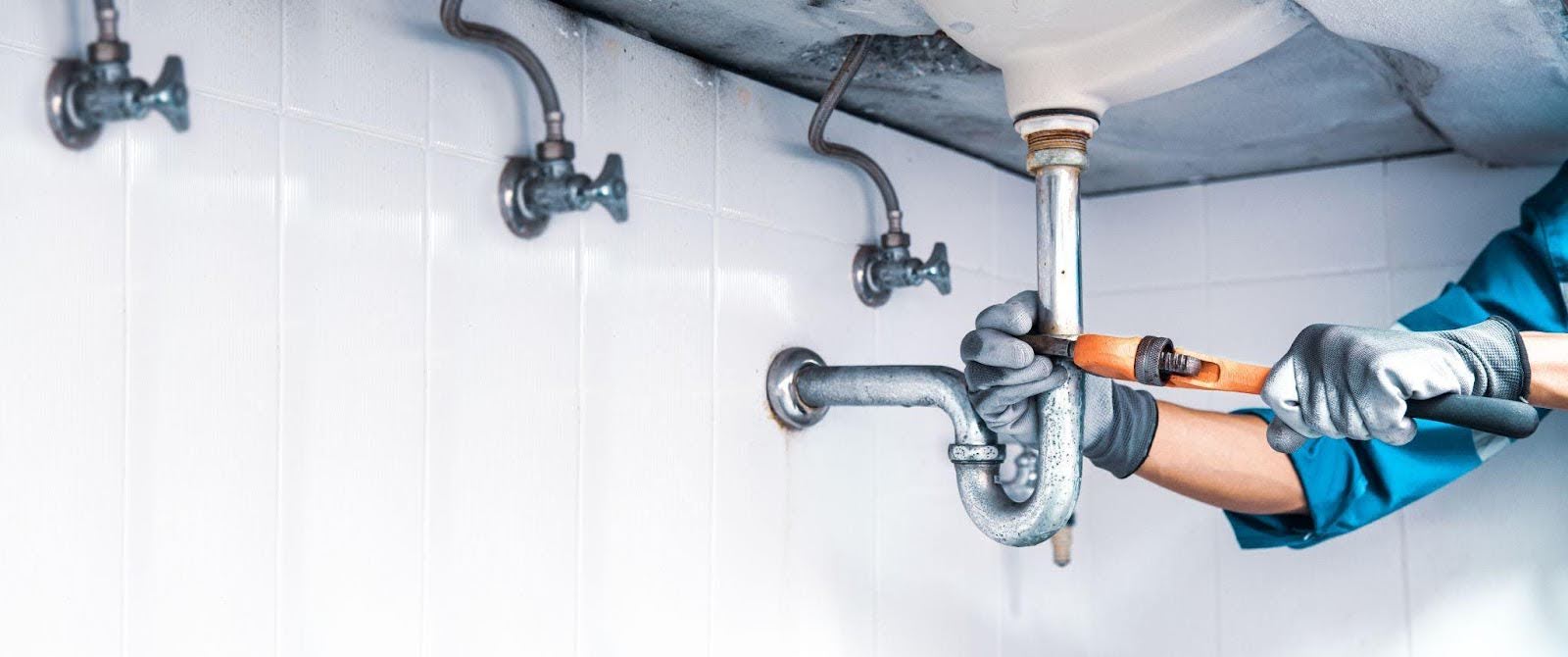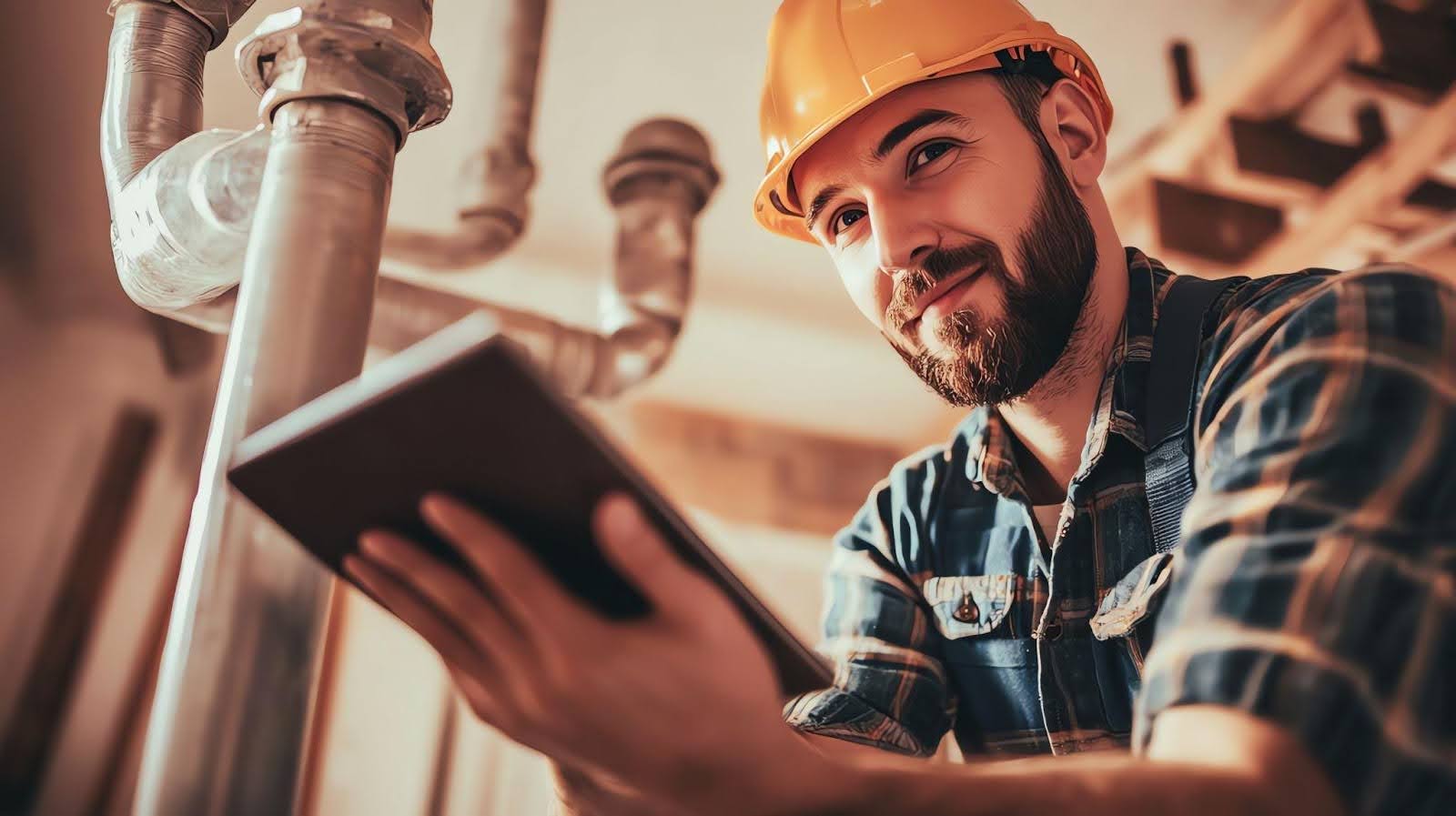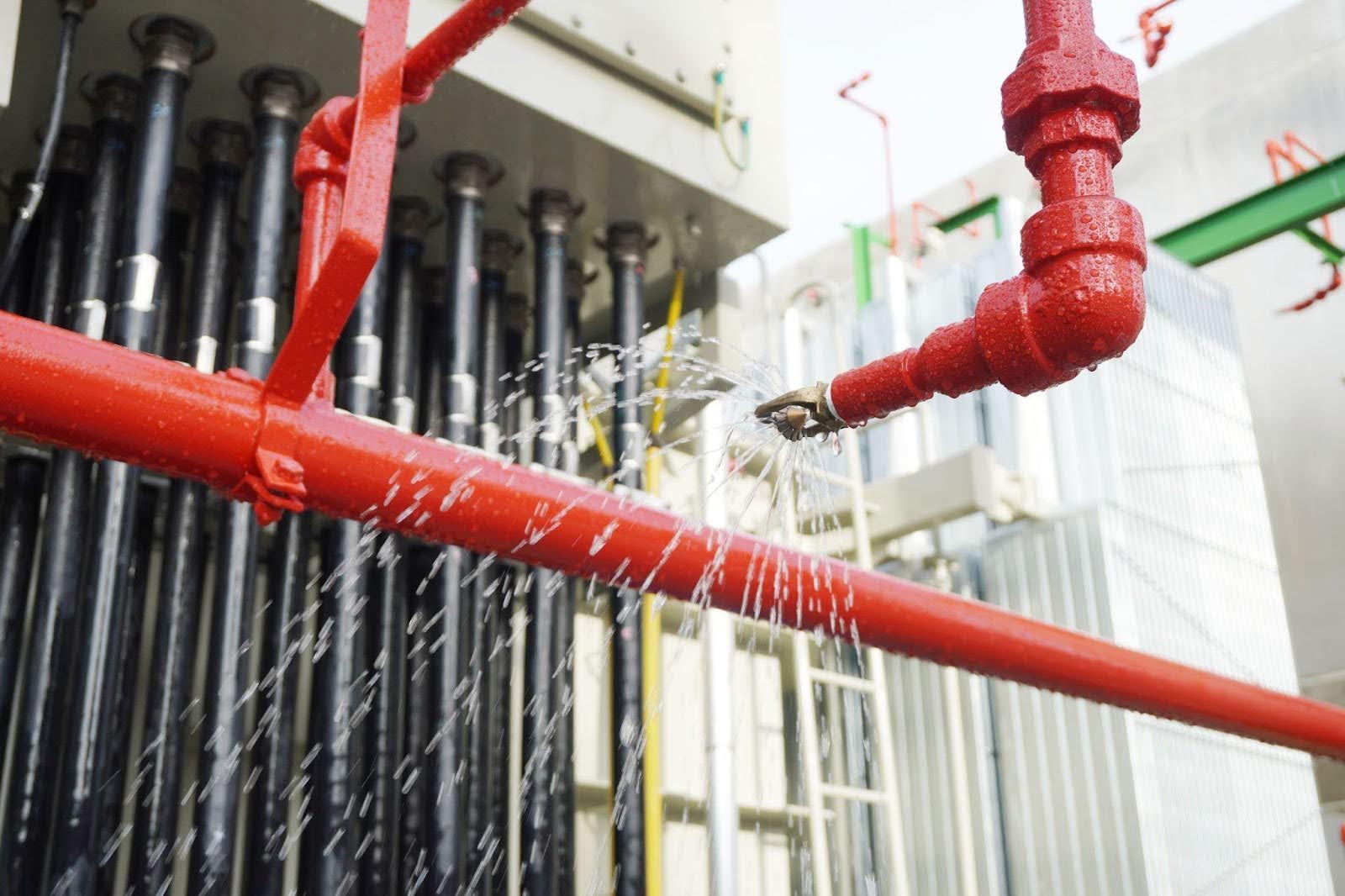Tackling garbage disposal repairs yourself tempts many hands-on homeowners. However, diving into DIY repairs without a solid understanding of the mechanics and safety risks leads to more harm than good.
Mistakes during DIY projects cause severe damage to the garbage disposal unit, pose personal safety risks, and often require expensive corrective repairs. In this blog, we explore common pitfalls to avoid and provide safe, effective strategies to keep your disposal running smoothly.
Whether dealing with a minor clog or considering deeper maintenance tasks, approaching your disposal’s upkeep with the right knowledge and tools proves crucial.
Ignoring safety precautions
Prioritizing safety when repairing your garbage disposal is crucial. Always ensure the disposal is completely unplugged before attempting any repairs or maintenance. This precaution prevents the unit from accidentally turning on while you work on it, avoiding severe injuries.
Electrical hazards pose a risk when dealing with appliances connected to power, especially garbage disposal units that combine electricity and water. Residual currents or improper handling lead to shocks or other electrical incidents, even when the unit seems off.
To safeguard against these risks, always disconnect your disposal from its power source. This means unplugging it directly from the outlet or turning off the circuit’s breaker. Never rely on simply switching off the disposal switch; always confirm that the power is completely disconnected before proceeding with any repair or maintenance tasks.
Forcing large objects down the disposal
Grinding large or hard objects in your garbage disposal often leads to serious damage. Bones, fruit pits, and non-food materials may dull or break the disposal’s blades, causing inefficient operation and potential jams. These items also create challenging clogs that might require costly repairs or even replacement of the disposal unit.
To avoid these problems, dispose of only biodegradable food items that the unit is able to easily break down. Avoid hard, fibrous, or expansive materials like corn husks, celery stalks, or pasta, which strain the system. Cut larger items into smaller pieces before placing them in the disposal to ease the grinding process and protect the blades.
Running cold water through the disposal during and after use helps flush out any remaining particles and ensures they move completely through the drain pipes, reducing the likelihood of clogs. By practicing these simple waste disposal techniques, you extend the life of your system and maintain its efficiency, avoiding the hassle and expense of unnecessary garbage disposal repairs.
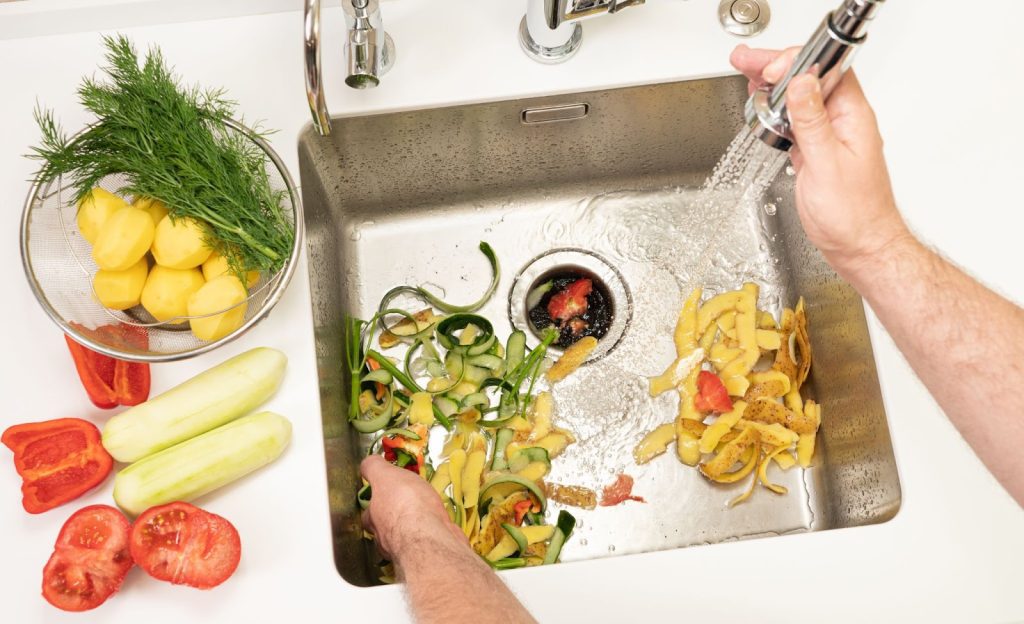
Neglecting regular maintenance
Neglecting regular maintenance often leads to premature deterioration of your garbage disposal. Routine checks and cleaning are essential to prevent debris buildup and maintain optimal functionality. Without regular upkeep, accumulated food and grease harden within the disposal, causing unpleasant odors, decreased efficiency, and potential mechanical failures.
Using harsh chemicals to clean your garbage disposal unit often does more harm than good. Many commercial cleaners contain strong substances that may corrode the metal components of your disposal system, weakening its structure and shortening its lifespan. Additionally, these chemicals pose risks to your home’s plumbing and the environment, as they frequently end up in local water systems.
Opt for natural alternatives that are both safe and effective:
Vinegar and baking soda
This classic combination excels in cleaning and deodorizing your disposal. Pour half a cup of baking soda, followed by a cup of white vinegar, down the disposal. The mixture will fizz and bubble, breaking down grime and eliminating odors. After a few minutes, flush the disposal with hot water to clear out the residue.
Citrus peels
Grinding citrus peels, such as lemon, lime, or orange, cleans the blades and releases a pleasant, natural fragrance that neutralizes odors. The oils from the peels also help naturally break down any fat deposits.
Ice and salt
Throwing a handful of ice cubes into the disposal, along with a cup of rock salt or coarse sea salt, effectively scrubs the grinding chamber clean. Run the disposal with cold water and the ice-salt mixture to scour the interior, which helps remove stuck-on sludge and sharpens the blades.
These natural cleaning methods preserve the condition of your garbage disposal and ensure you are not introducing harmful chemicals into your home or the environment. Regular use of these safe alternatives maintains the cleanliness and functionality of your disposal without the risks associated with harsh chemicals.
Ignoring leaks for too long
Ignoring leaks in your garbage disposal quickly leads to more serious issues. Even minor leaks escalate, damaging cabinets, flooring, and surrounding structures. Additionally, moisture from persistent leaks fosters an ideal environment for mold and mildew, which harm health and further damage your home.
Prompt leak repairs are crucial
Prevent structural damage
Water from leaks seeps into wooden cabinets and floors, causing swelling, warping, and deterioration. Quick repairs prevent these costly damages and preserve your kitchen’s infrastructure.
Avoid mold and mildew growth
Moist environments are perfect breeding grounds for mold and mildew, which spread quickly. Immediate repairs help maintain a hygienic and safe kitchen environment.
Protect plumbing health
Continuous leaking strains other parts of your plumbing system, leading to further repairs and replacements that could have been avoided. Early intervention keeps your plumbing in good working condition.
How to address disposal leaks
Check connections
Leaks in garbage disposals often stem from loose or deteriorated connections. Inspect where the disposal unit attaches to the dishwasher and the main drain to ensure everything is tightly sealed.
Replace worn-out parts
Gaskets and seals wear out over time and may need replacement. Identifying and replacing these parts early prevents leaks from worsening.
Seek professional help
If you’re unsure about the source of the leak or how to fix it, consulting a professional plumber is advisable. They provide a thorough assessment and carry out repairs with the right tools and parts.
Proactively managing leaks preserves your disposal and protects your home from damage. Regular checks and maintenance are key strategies in preventing leaks and ensuring the longevity of your garbage disposal unit.
DIY repairs without proper tools or experience
Attempting DIY garbage disposal repairs without the right tools or expertise leads to significant risks and may worsen the problem rather than solve it. Understanding the complexity of a repair is crucial before starting, and sometimes, it’s best to call a professional plumber.
Risks of inadequate DIY repairs
- Damage to the unit: Using incorrect tools or methods can damage the disposal’s internal components, like blades or the motor, potentially requiring expensive replacements.
- Personal injury: Garbage disposals combine electricity and mechanical action, creating serious risks of electrical shocks or injuries from sharp blades without proper precautions.
- Compromised efficiency: Improper repairs can impair your disposal’s efficiency, leading to poor performance, frequent clogs, and higher energy consumption.
When to call a professional
Repairs involving complex mechanical issues, particularly those related to electrical components or intricate parts of your garbage disposal, are best handled by professional plumbers. They possess the necessary tools and expertise to safely and effectively manage these repairs, ensuring the work is done correctly the first time.
Professional plumbers have specialized tools not typically found in standard home toolkits. Attempting these repairs without the appropriate tools may lead to damage to both the appliance and the user, potentially causing more harm than good.
Additionally, professionals don’t merely address the immediate problem; they also inspect your disposal for any underlying issues that might not be immediately apparent. This thorough approach helps ensure the long-term functionality of your disposal, reducing the likelihood of future breakdowns.
Accurately judging the complexity of disposal issues and opting for professional help when necessary ensures effective repairs and maintains your disposal in good working condition, avoiding the pitfalls of inadequate DIY fixes.
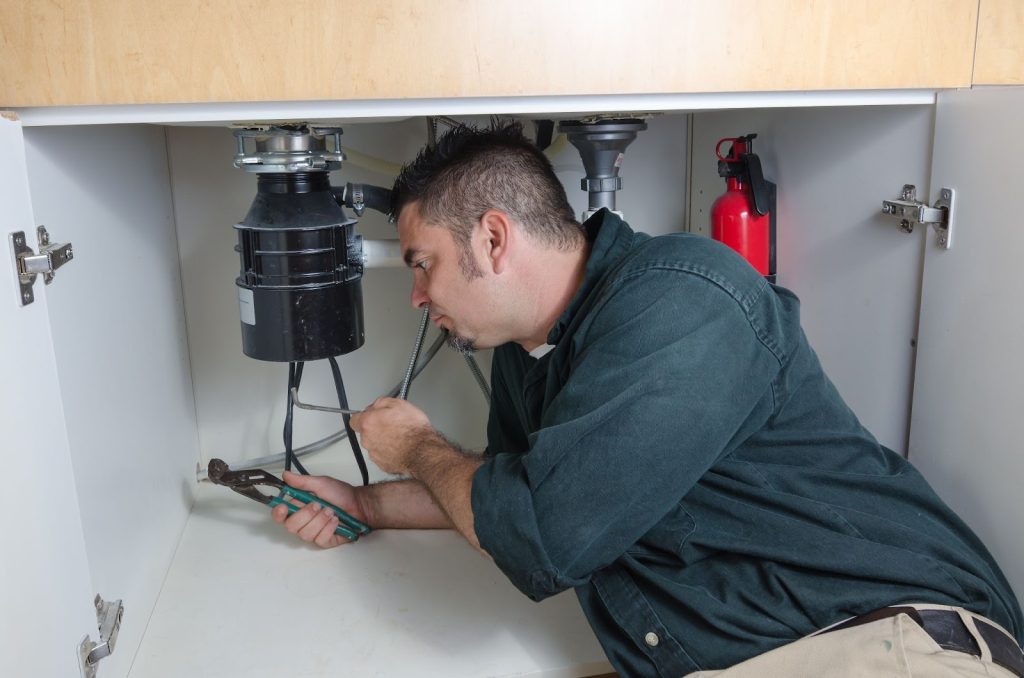
Salisbury Plumbing has got you and your garbage disposal covered
While tackling minor repairs and maintenance of your garbage disposal on your own may be tempting, understanding when to call in professionals like Salisbury Plumbing will save you time, money, and hassle in the long run.
Salisbury Plumbing offers expert services that ensure your disposal system is handled with care and professionalism. Our experienced team is equipped to address complex issues efficiently, preventing small problems from becoming costly emergencies.
Contact Salisbury Plumbing to experience reliable solutions and quality workmanship for all your plumbing needs.
toto slot


